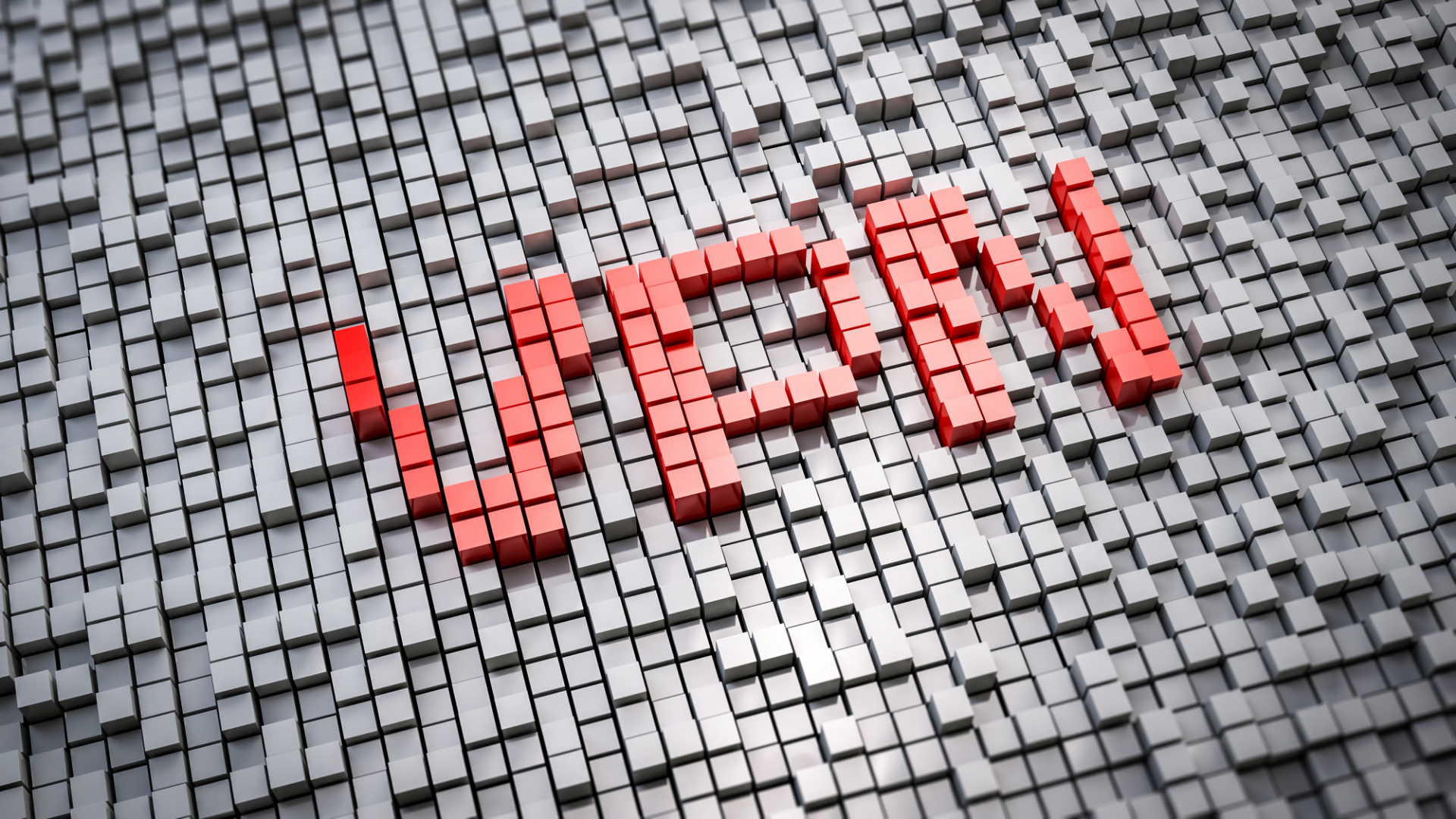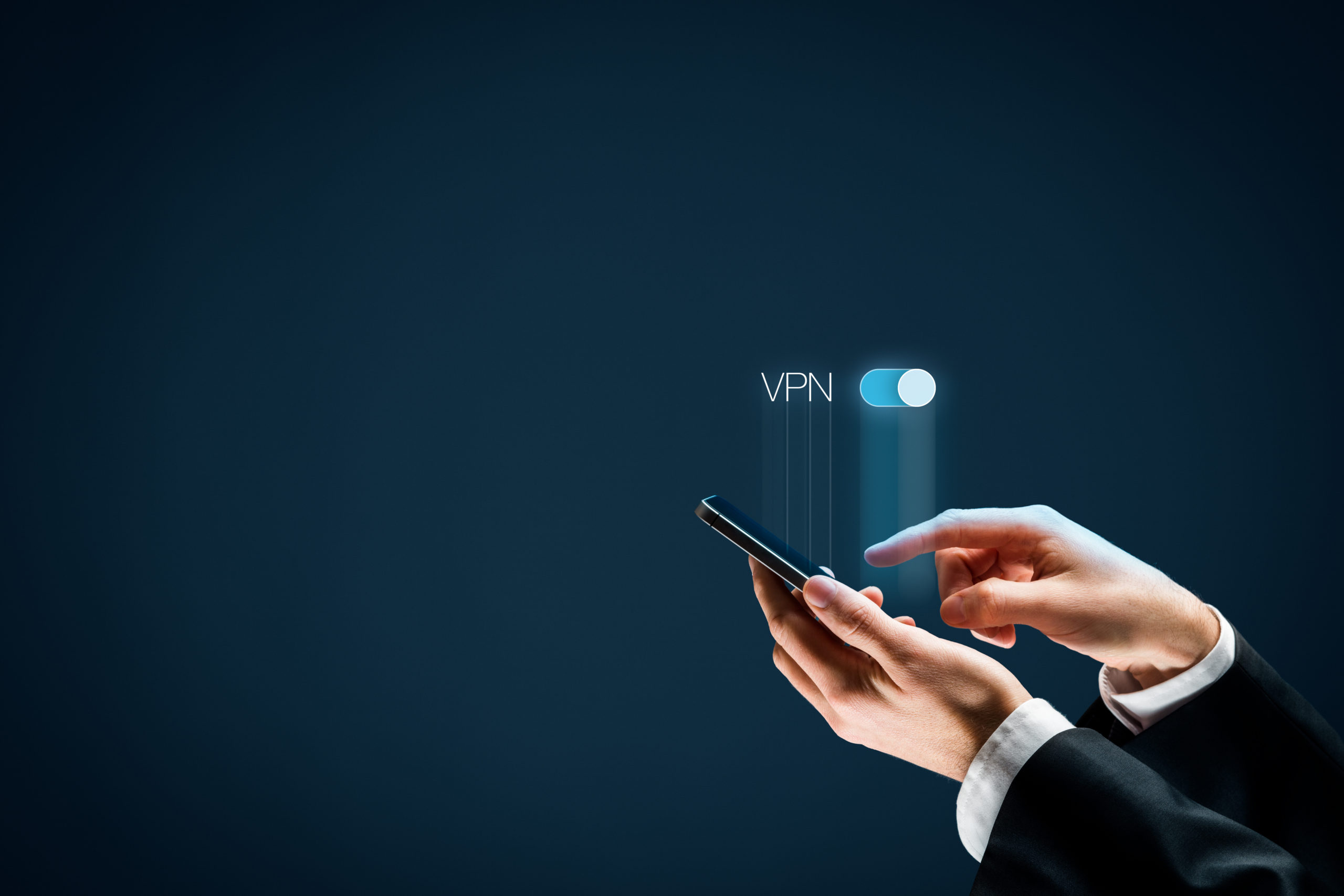Why Countries Keep Shutting Off the Internet and How to Work Around it
Internet has become essential tool, not only when it comes to communication, but also for people’s finance management, education and employment. Internet is undoubtably the most powerful tool nowadays, as it has the capability to even take a government down.
Over the last decade the number of government-led internet shutdowns has exploded. In an effort to control protests, opposition and criticism, governments around the world continue to restrict or shut down internet access.
According to a data report of Access Now, a non-profit that has been studying shutdowns since 2016, the total duration of shutdowns rose 49% in 2020. More specifically, out of 850 international shutdowns that were recorded over the past 10 years, 768 of them took place the last five years.
The frequent shutdowns not only disturb people’s daily lives and economy, but they also prevent them of having access to critical information on Covid-19.
According to Fast Company, “Recent extended shutdowns in Myanmar after a February military coup are estimated to have cost the country’s economy $2.1 billion—and kept people from learning about the coronavirus for months into the pandemic. And in Kashmir, people were unable to download contact tracing apps because of internet shutdowns, according to the report.
Health professionals are finding it difficult to access critical information, in countries where the internet is restricted, says Felicia Anthonio, lead of Access Now’s #KeepItOn anti-shutdown campaign. At least one hospital in Indonesia was forced to temporarily shut down after it was unable to access its IT systems during an obvious shutdown.”
The first major internet shutdown took place in Egypt in 2011, which affected the entire country, as a response to protests against then-president Hosni Mubarak. Around 93 percent of Egyptian networks were blocked for nearly a week. Earlier internet shutdowns and slowdowns took place in Guinea in 2007 and in Iran in 2009.
The shutdown incidents are most prominent in Asia and Africa. Although governments are claiming that internet shutdowns are necessary to reduce the spread of misinformation, it has been noticed that are mostly carried out during elections, or on times when people are feeling upset.
Speaking to The Verge, Marianne Díaz Hernández, a Venezuelan lawyer and #KeepItOn Fellow, says the rise in shutdowns is a response to the internet’s increasing utility for organizing protest. “As more and more people use the internet, and particularly social media, to document and criticize human rights violations, civil instability and other events, some governments start seeing the internet as a threat that needs to be controlled, she says.
A report from the United Nations Special Rapporteur on freedom of peaceful assembly and association stressed that internet shutdowns can be a violation of international human rights law.
According to the Jigsaw report, countries generally restrict internet access during times of unrest, political turmoil, or elections.
However, the way it is done is not always obvious as shutdowns can take a variety of forms. An internet shutdown, can sometimes mean restriction of access to large apps, such as Facebook, Twitter and YouTube, where people share information. Other times, countries may block particular IP addresses/domain names or get telecom providers block internet access entirely. Moreover, they sometimes reduce the connection speed to a ridiculously low level, which can be falsely attributed to technical problems.
The good news is that partial restrictions can often be avoided through Virtual Private Networks (VPN) or proxy servers.
What does a VPN do?
An active VPN makes your internet connection more secure, helps you stay anonymous when surfing the web and helps you access censored sites. It lends you a temporary IP address and hides your real IP address from others. In simple words, it enables you to enter websites that you normally would not have access to. Governments and other authorities, such as schools, universities, libraries etc., often prevent users from entering specific websites. VPN acts as a website unblocker by routing your traffic through an encrypted tunnel, so that your browsing activity cannot be detected or controlled.
Why Use a VPN?
VPN will encrypt your online activity and unblock the websites you want, even if they are censored in your area or blocked by your academic institution, workplace or by a public Wi-Fi. Do you want to be able to enjoy YouTube everywhere? Do you wish to stay connected with friends on Facebook and Instagram, from all parts of the world? VPN is your online master key. When you connect to one of the multiple global servers of your VPN provider, you will be able to browse the web with a new IP address and access sites that otherwise would be censored for you.
When you’re connected to VuzeVPN, you can
access blocked content over a normal connection
at any time you want to bypass ISP-configured blocks
and access all sites and services when you’re abroad.

